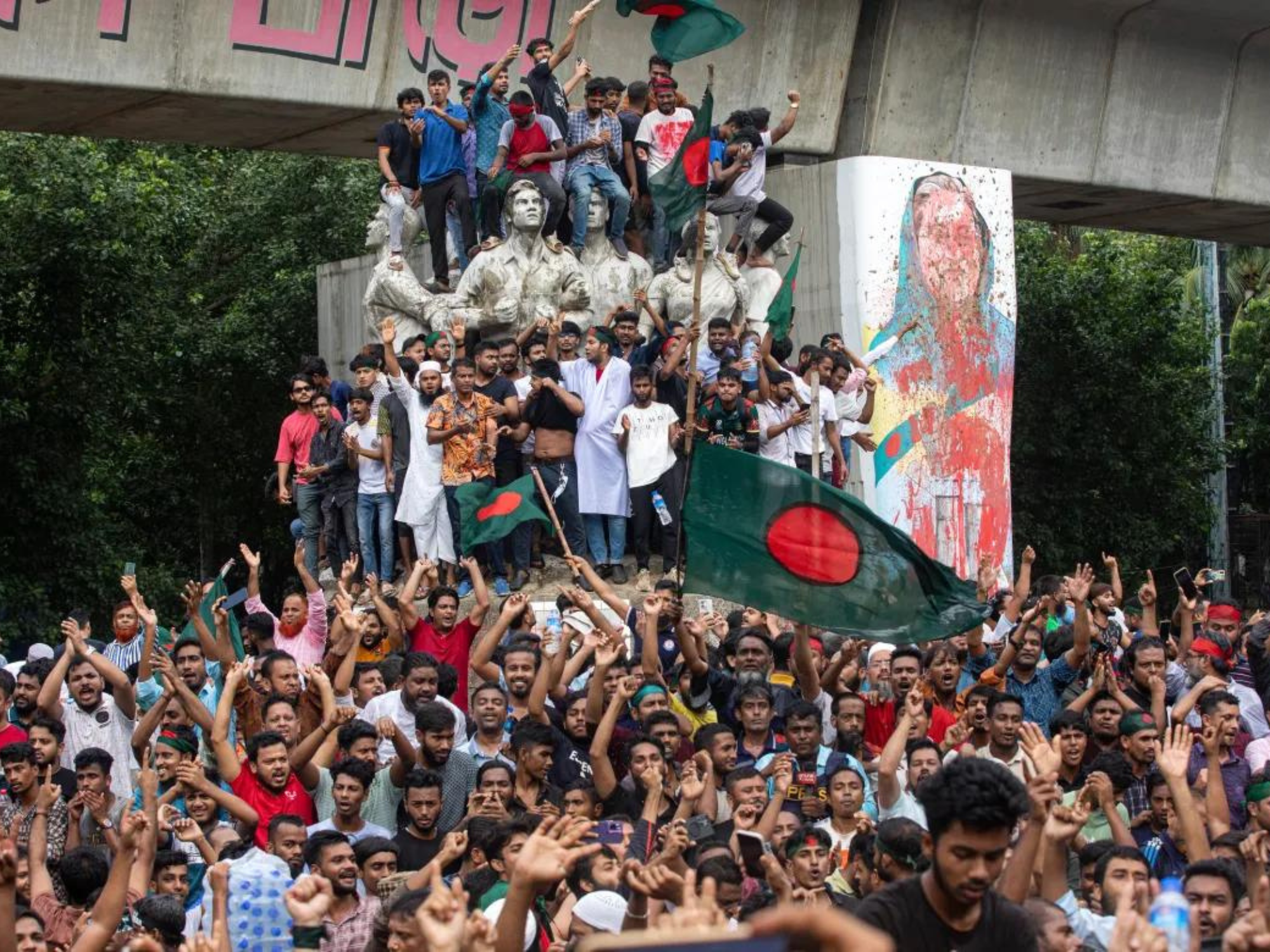Bangladesh’s interim government revoked the diplomatic passport of ousted premier Sheikh Hasina on Thursday, August 22, 2024, after she fled a student-led uprising earlier this month and took refuge in India.
This was conveyed by the interior ministry in a statement that Ms. Hasina’s diplomatic passport was revoked. Diplomatic passports of former government ministers and ex-lawmakers no longer in their posts have also been revoked.
The wave of protests that swept Bangladesh saw more than 450 people killed—many by police fire—during the weeks leading up to Ms. Hasina’s ouster as crowds stormed her official residence in Dhaka.
A United Nations team arrived in Bangladesh on August 22, 2024, to investigate alleged human rights violations committed during protests that ended Hasina’s iron-fisted 15-year rule.
The team will assess alleged human rights violations committed during protests by the former government.
The former government has been accused of widespread abuses, including the mass detention and extrajudicial killing of political opponents.
Dhaka’s new authorities said that Ms. Hasina and other former top officials during her tenure could apply for a standard passport, but that those documents were contingent on approval.
Sheikh Hasina had taken refuge in India as she was a close ally of Prime Minister Narendra Modi’s government. Modi had preferred her over her rivals from the Bangladesh Nationalist Party, which it saw as closer to conservative Islamist groups.
Hasina is being hosted by India currently, and Modi has also offered his support to the new Bangladeshi leader, Nobel laureate Muhammad Yunus, who is heading the caretaker administration.
Muhammad Yunus, on the other hand, has assured that his administration will provide all the necessary support needed by the UN investigators to investigate the charges.






